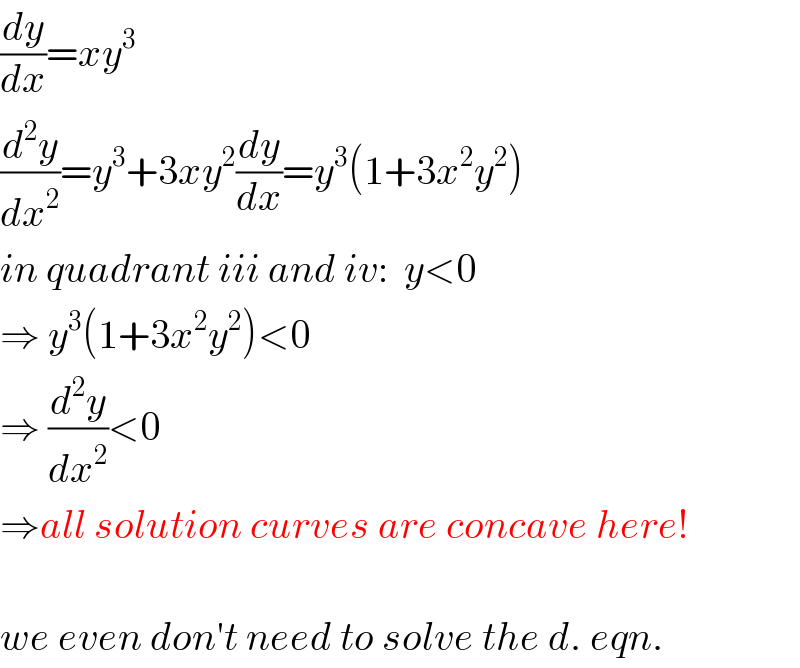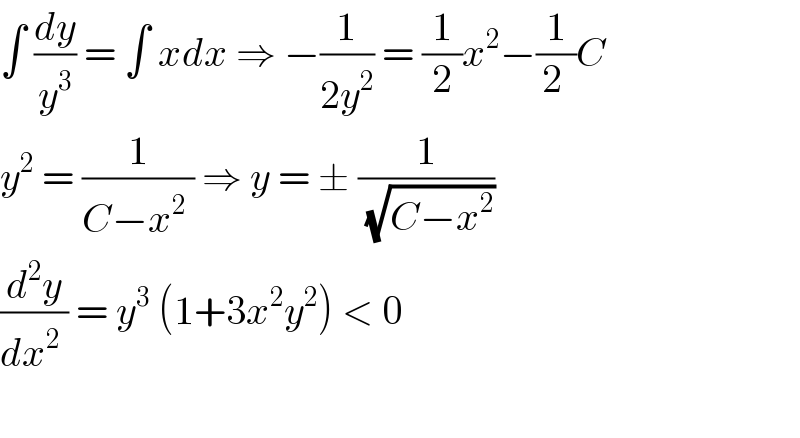
Question and Answers Forum
Question Number 82521 by jagoll last updated on 22/Feb/20

Commented by jagoll last updated on 22/Feb/20

Commented by mr W last updated on 22/Feb/20

Commented by mr W last updated on 22/Feb/20

Commented by mr W last updated on 22/Feb/20

Commented by jagoll last updated on 22/Feb/20

Commented by mr W last updated on 22/Feb/20

Commented by john santu last updated on 22/Feb/20

